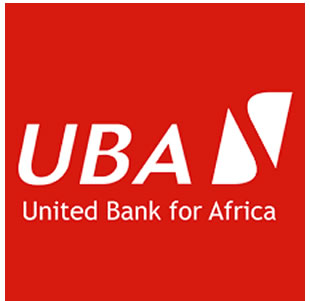Health
FG Vows to Lower Medication Costs for Nigerians

Abuja Reports
NAFDAC Nabs Five for Allegedly Selling Fake Cosmetics in Abuja
Business
Ebonyi Allocates N25m for Scrotal Hernia Surgeries
Health
AIDS Healthcare Foundation, CSOs Urge Overhaul of WHO Pandemic Agreement for Developing Nations
-

 Opinion17 hours ago
Opinion17 hours agoWhy CNG Vehicles Can Work In Nigeria – A rejoinder to Babachir Lawal by D. Agboola
-

 Abuja Reports3 hours ago
Abuja Reports3 hours agoGunmen Invade Abuja Community, Kidnap Four, Injure Others
-

 News11 hours ago
News11 hours agoShettima, Nnaji, Other Prominent Experts to Headline Symposium on Energy Transition in Abuja
-

 World News10 hours ago
World News10 hours agoJUST IN: Helicopter Carrying Iran’s President Crashes
-

 News11 hours ago
News11 hours agoI’m Focused on My Job as FCT Minister, Not Rivers Politics – Wike
-

 Sports4 hours ago
Sports4 hours agoArsenal’s Title Dreams Dashed Despite Last-Day Win Over Everton
-

 News14 hours ago
News14 hours agoNnamdi Kanu’s Legal Team Asserts Readiness for High-Stakes Trial on Monday










